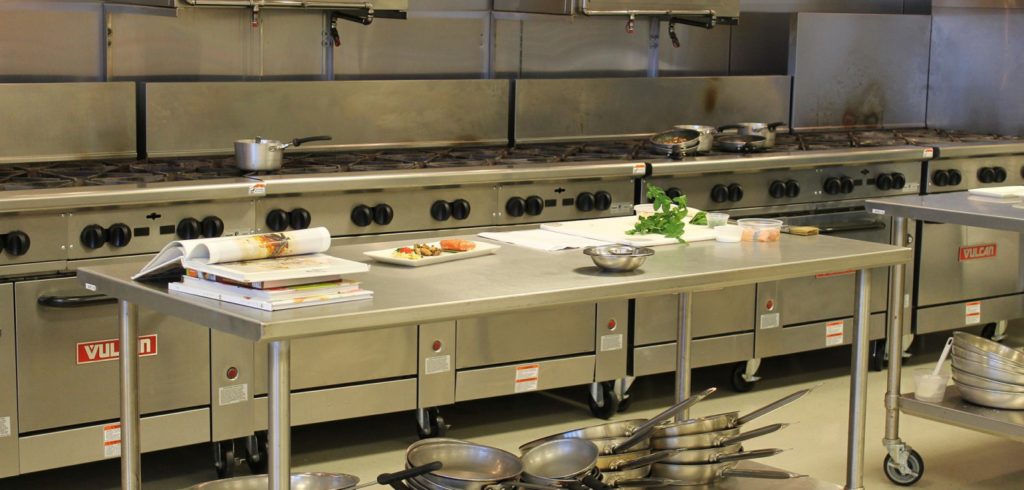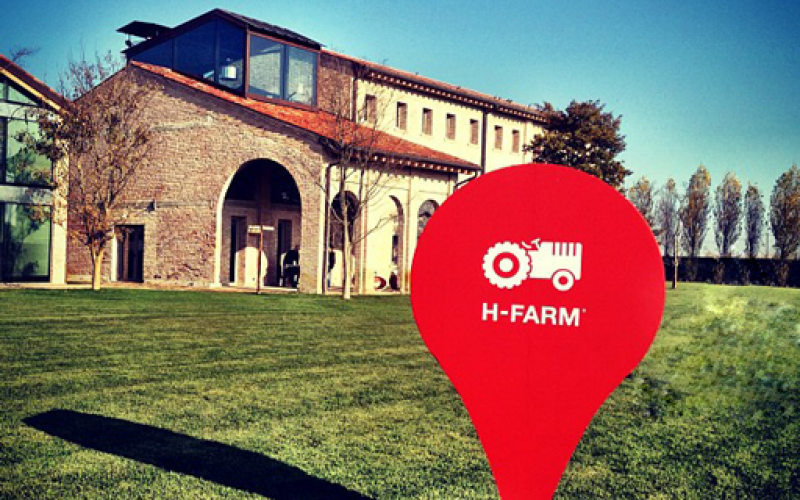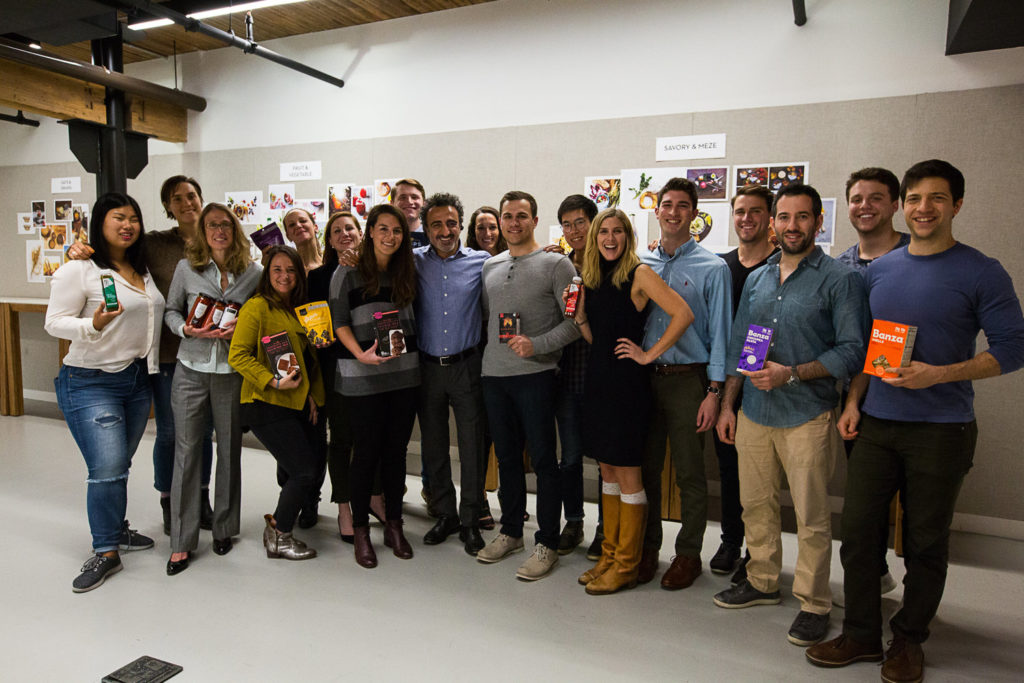Major players in the food and beverage industry are taking on a new role: parenthood. As small, innovative startups have taken hold of the market by catering directly to current consumer needs and interests, industry behemoths are attempting to stay relevant by using their assets to create a parental relationship with promising new brands. There is a recent trend of large corporations forming “incubators” to guide startups through their industry adolescence. The win-win relationship has host companies proudly whipping out their wallet to show off the business cards of their little ones, and startup participants reaping the rewards of having a ‘cool mom’.
Instead of caring primarily about a product’s taste and pretty packaging, today’s consumer is interested in literally, the whole package. From ingredients and brand mission, to which of the many, many dietary restrictions a product meets, consumers have raised their standards and are constantly searching for unique, functional foods. While many small startups are in tune with these needs and catering to today’s shopper, big brands are struggling to keep up.
According to a study by A.T. Kearney the top 25 food manufacturers have seen a revenue growth of just 1.8 percent compared with 11 to 15% for small and medium-size companies since 2012. Unfortunately for the big guys, correcting this drop in growth, isn’t easy as pie. As an established company, changing gears to cater to the ever-changing trends in consumer interest is a huge undertaking and one that is much more easily tackled by small, growth-stage brands.
So, what’s a big ‘ole traditional conglomerate to do? Make friends with the enemy, of course. Rather than compete with small startups for consumer interest, many major brands like Chobani, Kraft Heinz and Nestlé are looking to help them grow. These companies are forming startup ‘incubators,’ to mentor, educate and provide resources for promising small businesses. These programs allow startups to get their food (err..foot) in the door, while simultaneously bringing innovative ideas and trends to the table for the host company…naturally, this results in an acquisition or two along the way.
These incubators are a godsend for the lucky number of startups that are chosen to participate, taking many of the why’s and how’s off of a small business’ plate, and serving up a buffet of resources. Food entrepreneurs face a number of challenges that could ruin a great idea. In the beginning, many can fail due to overwhelming factors like finding a commercial kitchen space, maintaining food hygiene, renting equipment, hiring a food scientist, and, most important, funding the actual product. Large corporations provide invaluable insight and an immensely useful network to help tackle each of those factors. And of course, in some cases these companies also provide the only green thing better for you than kale – cash.
H-Farm, an incubator formed in partnership with Nestlé, runs programs that function essentially as “summer camps” for startups. This incubator offers a 4-month accelerator in which startups can seek assistance with pilot ideas, business development, and investments. They gain benefits such as Nestlé’s large network of business leaders throughout the world and consultation on tackling issues like delivery logistics, supply chain, food safety, and more. Altogether providing a 4-month crash course for participants to make serious progress.
Getting into one of these incubator programs is tough. Only the best of the best, truly innovative brands are making the cut and for good reason. The programs are extremely successful! Take for example, the Chobani incubator program which boasts equity-free investment and a mentorship focus. Their first class, which included brands like Banza and Cisse Cocoa Co, saw results including a more than 250% distribution increase and 2.6x annual revenue growth. For their 2018 class, Chobani received more than 650 applications for their coveted nine available spots. Ultimately taking on brands that sought to “transform traditional product categories” including Fresh Bellies, an organic vegetable focused baby food, and Puffworks, organic peanut butter puff snacks.
It seems America’s current appetite for new, industry-disruptive foods and beverages won’t be satisfied anytime soon, with the Food Tech industry expected to grow over $250.43 billion by 2022. Following this recent popularization of food incubators, we can expect many more innovative products to emerge on the grocery scene, with perhaps some surprising ‘parents’ cheering them on from the next aisle.


